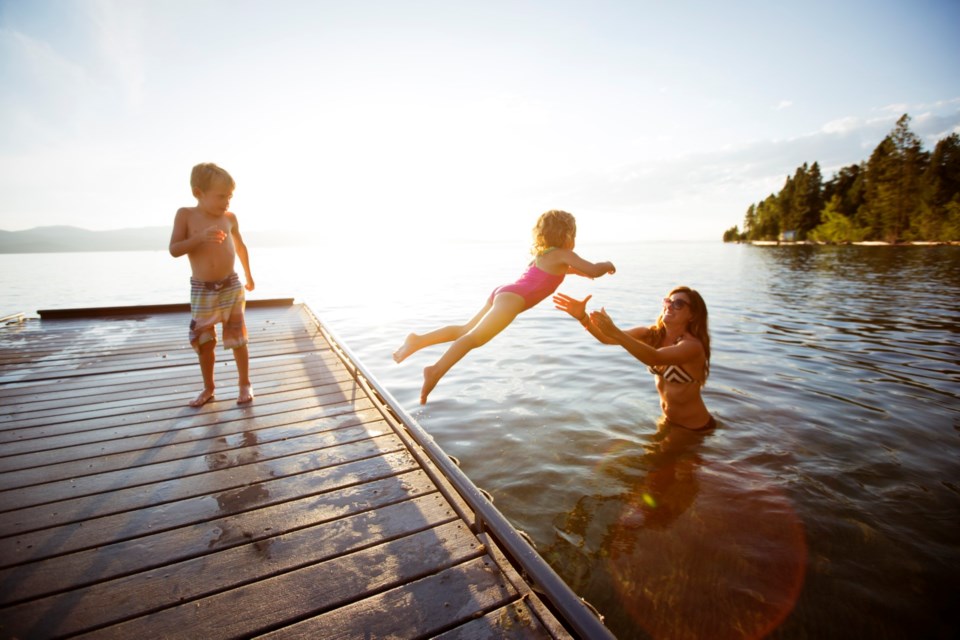SASKATCHEWAN — Though the seasonal warmth of summer isn’t yet being felt everywhere in the country, there’s certainly no better time to become acquainted – or re-acquainted – with tips to keep you and your family safe during the dog days of summer, according to the Canada Safety Council
National Summer Safety Week is May 1 – 7 and the Canada Safety Council is calling attention to two potentially fatal summer safety concerns, with risks that can have serious consequences if left unaddressed.
Heat-Related Illnesses
Heat-related illnesses, including heat exhaustion and heat stroke, are silent killers. According to the B.C. Coroners Service, an estimated 619 heat-related fatalities occurred in the summer of 2021 in British Columbia alone, the result of the western heat dome – the deadliest weather event in Canada.
As temperatures rise, it's essential to take precautions to stay cool and hydrated. This includes avoiding outdoor activities during the hottest part of the day, wearing lightweight and loose-fitting clothing, and drinking plenty of water.
Staying cool could also involve taking a dip in a pool, but beware.
Water-Related Fatalities
The second summer safety issue of note is the risk of water-related injuries, particularly among children. Drowning is a substantial cause of death in Canada, with the Lifesaving Society of Canada reporting approximately 460 people fatally drowning every year. Many of these incidents occur in lakes or ponds (34 per cent), rivers (29 per cent) and pools (nine per cent).
Additionally, more than nine in 10 drownings involving children occur during absent or distracted supervision. Parents and guardians should always supervise children near water with undivided attention, ensuring that they have appropriate flotation devices. In public swimming areas, they should ensure the presence of a trained lifeguard.




